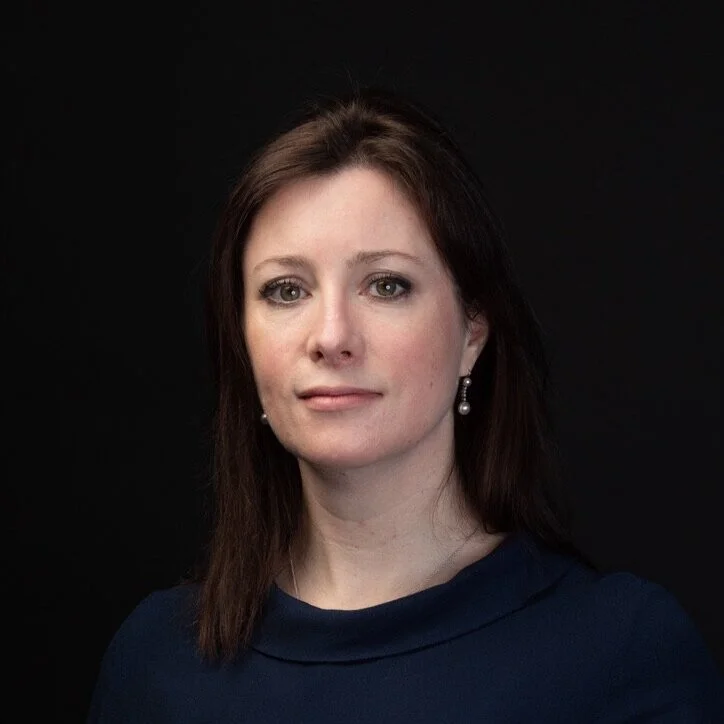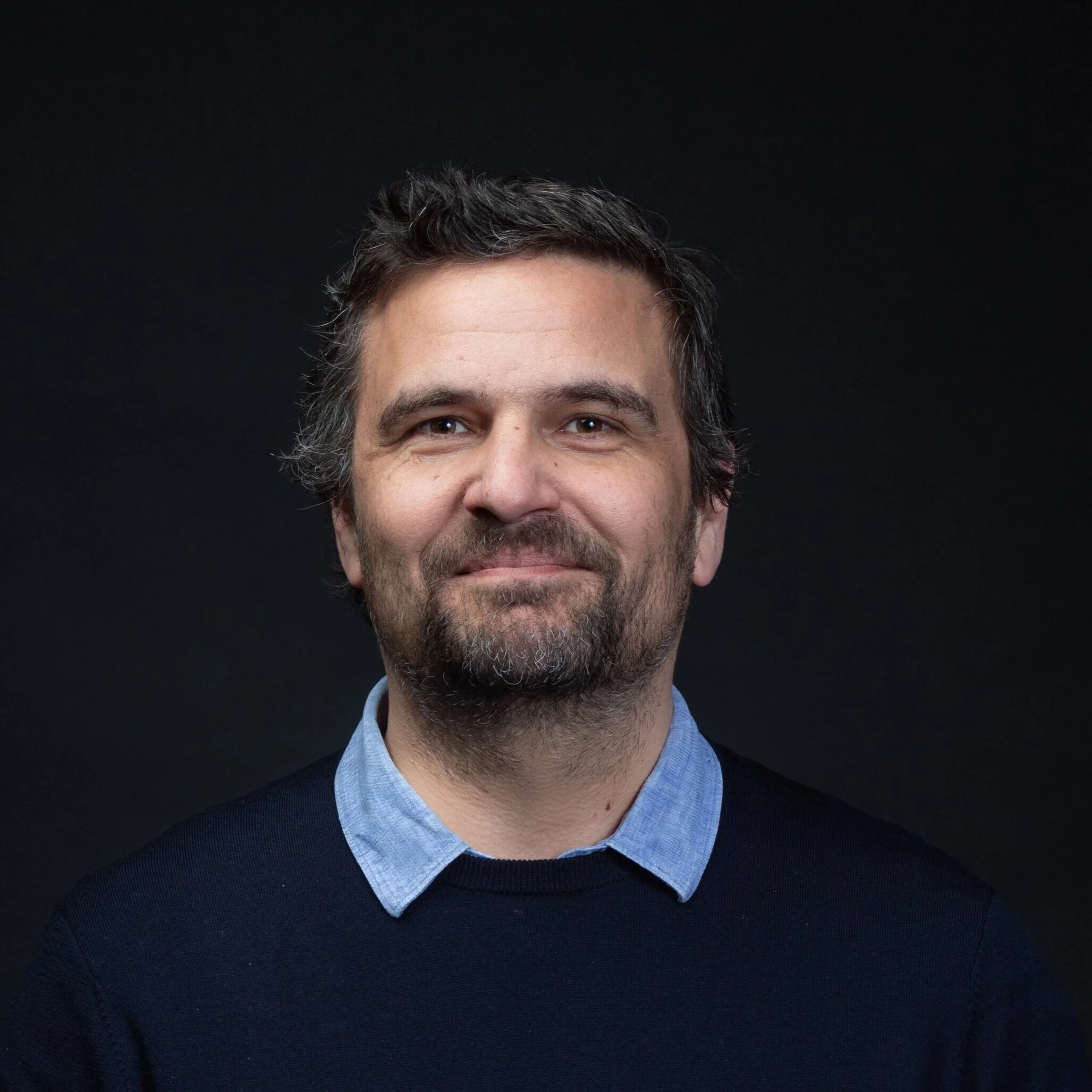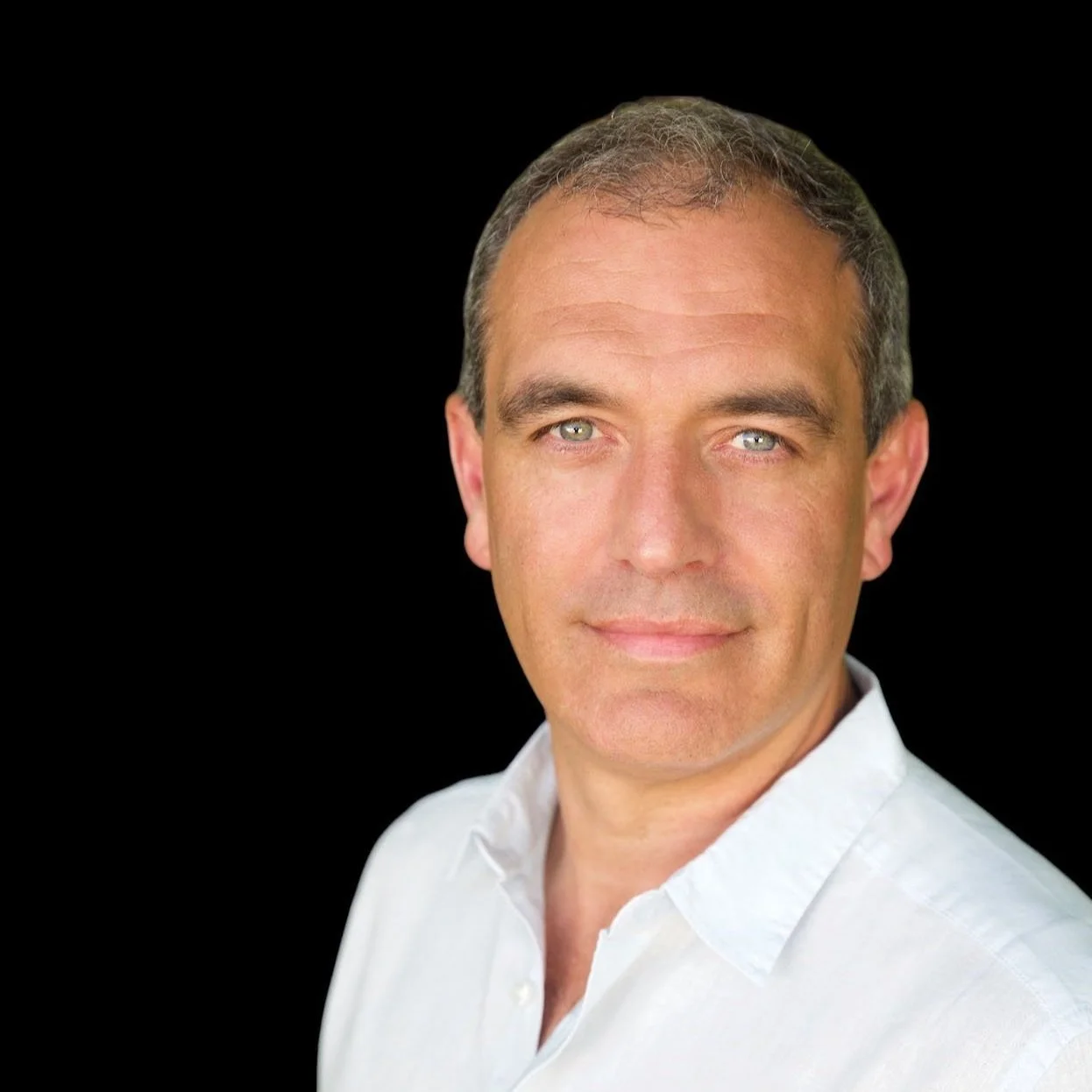Our Story.
We founded theWholeStory because we wanted organisations and their people to reach their full communication potential.
At the heart of what we do is helping people use storytelling to bring out their natural strengths: to be more human, more empathetic and more impactful in the way they communicate.
We first met at university at the tail end of the last millennium, while studying theatre. Josh went on to work with vulnerable adults in supported housing, all while developing his craft as a storytelling performer in museums, festivals and schools. Lily pursued postgraduate training at the Central School of Speech and Drama and completed an MA at Goldsmiths, directing devised theatre productions along the way.
Years later, our paths crossed again on a youth theatre project in Mumbai, and we realised how much we enjoyed working together. Back in the UK, we started running open storytelling workshops, using them to refine our approach and explore the wide-ranging value and applications of storytelling.
At first, we thought storytelling was perfect for presentation skills. It is. But it’s also much more. Today, we use it to help people better understand, motivate and sustain change, work more collaboratively and build strong, values-based connections and relationships across their organisations.
In 2014, Ben Joiner joined our core team. His depth of expertise in voice and body language and his natural ability to guide people gently out of their comfort zones, brought a whole new dimension to our work.
Over the past two decades, we’ve continued to hone our skills and deepen our passion for training and coaching. Curiosity has kept us evolving. At the heart of what we do is helping people bring out their natural strengths: to be more human, more empathetic and more impactful in the way they communicate.
We believe the best communication is not about performance, but connection. That’s what we help people build.
-
When people ask what I do, I usually say: I help people think and speak better. I make communication feel more enjoyable and more doable.
At school, I was the girl who never put her hand up, who stumbled through reading aloud and struggled to shape her thoughts into words. Speaking didn’t come easily. But in drama, I found a kind of fluency—a place where I could explore what I thought and feel confident expressing it. It didn’t just teach me to speak; it showed me that my voice mattered.
I co-founded theWholeStory with Josh to pass that on: to help others find clarity in their thinking, strength in their voice, and the skills to get heard and make things happen.
Whether I’m designing a workshop or coaching someone one-to-one, I look for the root of what’s getting in the way—what’s making it hard for them to think clearly, listen fully or speak freely. Then I find the simplest, most pragmatic way to move past it. That might be a technique, a process, an exercise, or just a shift in perspective—whatever helps them say what they mean, and mean what they say.
-
What can’t you be without?
My day has to start with strong coffee and I enjoy sharing the table with two boys.
Movement – a fast walk with the dog to notice the weather and see the sky and the trees, pilates to remind my body how to move properly, routine housework to process my thinking.
What was your first job?/What did you want to be when you grew up?
There were the usual babysitting jobs and bar work but my first real job (PAYE, paid holidays, overtime…) was working as a Dresser at the National Theatre. I think I wanted to be a teacher, which has come true.
What do you do that makes you happy?
I love my work and enjoy the company of my children and husband. But I also like to take a day off, on my own; I’ve always loved walking around London, noticing what is there. I have also been known to cry happy tears at a beautiful landscape.
If you could change one thing in the world what would it be?
Make kindness a principal influence in everyone’s decision making and behaviour.
Which words or phrases do you most overuse?
“I was going to.../I was about to…” (If it wasn’t for post it notes and to do lists I wouldn’t get anything done/completed).
“Hello… Good morning…” (Greetings are an important element to delivering training but I like to challenge myself to say hello to people around me, because I know I like it when people are friendly to me).
-
I’ve always been a bit of a talker, so it didn’t surprise many people when I became a storyteller, though it definitely surprised me.
The storyteller image I grew up with: velvet cape, mystical beard, a whiff of patchouli, didn’t quite match who I was. But I loved performing (in jeans and a hoodie), so I kept going. And I’m glad I did.
When Lily and I set up theWholeStory, the skills I’d sharpened on stage found a new focus: being fully present, tuning into your audience, adapting so your message lands, and making sure no one gets left behind. It turns out those same instincts make for powerful communication in everyday work and life.
I still get the same buzz facilitating as I did performing—but now it’s paired with a deeper sense of satisfaction. Seeing someone’s confidence grow, watching them find their voice and use it well—that’s what keeps me doing this work.
-
What can’t you be without?
Excellent headphones and podcasts, as I love to immerse myself in someone’s voice and mind. When I discover a new one, I’ll hoover up the back catalogue solidly for a few weeks until I’m up to date.
What was your first job?/What did you want to be when you grew up?
My first job after finishing A-levels was a cleaner in a school’s boarding hostel. A daily 6 hour shift that included a dozen toilets and double that number of teenage bedrooms. This was about as far as it got from the dream: to be on Radio 4.
What do you do that makes you happy?
The good stuff: This could be going to stand up (I would happily make Soho Theatre my home), tending to my stolen garden (three tree bases outside the block I live in), live music (nice and loud and sweaty), vinyl, Scotland, wine, my children.
If you could change one thing in the world what would it be?
That people discovered what made them content, and had enough time in their life to put that insight into reasonable use.
Which words or phrases do you most overuse?
‘It’s not actually that interesting…’ (as I keep catching myself unconsciously starting sentences with ‘Interestingly’ or ‘It’s interesting’ and need to manage expectations.)
-
I began as a professional dancer, became an actor, and then a voice coach. Now, I bring those three elements together: body language, authentic behaviour, and vocal presence, to help people speak and present with impact.
Half my time is spent helping actors explore the full range of their expressive potential. The other half, I work with entrepreneurs, leaders and teams to help them communicate with clarity, confidence and meaning. I’ve coached film stars, TED speakers, models, politicians, poets, executives, teachers, teenagers and more.
If there’s one thing I’ve learned, it’s this: you don’t need a special gift or hidden talent to be a better communicator. Presence isn’t magic, it can be taught. And more often than not, it’s already in you. You just need a way to unlock it.
-
What can’t you be without?
The outdoors. I have recently moved to a coastal area and discovered I enjoy cold sea swims in the middle of winter!
What was your first job?/What did you want to be when you grew up?
I was a paper boy and my round was in a wealthy area with people who worked in the city during the week, Mon-Fri was easy but the Sunday papers killed me!
I’m not sure I have grown up yet but if I did…I am happy with my current choices.
What do you do that makes you happy?
Coaching is definitely where my passion, vocation and profession collide. I am a keen veg grower and have obsessed over my allotment for a few years now.
If you could change one thing in the world what would it be?
I’d like to implement a ‘hey, we only have one planet, can we make it last’ policy in all our decision making.
Which words or phrases do you most overuse?
I overuse “Do you see what I mean?” sometimes. I do swear…a lot! This is something I am trying to change so that when I do curse it really lands.



